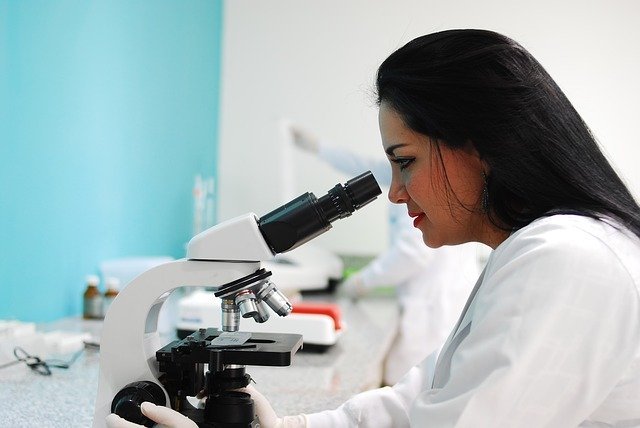
In a new study, researchers found a new method to detect liver cancer in its early stages using a targeted MRI contrast agent that binds to proteins.
With current tests like biopsies, cancer in the liver is often detected in advanced stages, which can limit treatment options and lower overall survival rates.
The discovery could have wide-ranging impacts, including more effective diagnosis and precision treatment, and less risk to patients.
The research was done by a team at Georgia State University and elsewhere.
In the study, the team developed an agent that can target certain receptors—in this case, chemokine receptor 4 (CXCR4).
The receptor is overexpressed in common metastasis organs, such as the liver, among people who have cancer.
The CXCR4 targeted protein-based MRI contrast agent is expected to overcome major barriers in early diagnosis by showing even tiny instances of cancer cells on multi-color scans called precision MRI (pMRI), a new imaging methodology.
The team says currently, it is difficult to see early stages of disease in the liver, even an invasive biopsy.
Diagnostic testing using this contrast agent can not only identify the presence of disease but differentiate the stages of the disease with high sensitivity and accuracy.
The researchers are already applying it to 10 different types of cancer in the lab.
The findings are so promising and the method is now being fast-tracked by the U.S. Food and Drug Administration (FDA) in the first step toward clinical trials to gauge its efficacy in humans.
The team hopes within 18 months to two years they can conduct the first clinical trials in patients.
The lead author of the study is Professor Jenny Yang.
The study is published in Science Advances.
Copyright © 2019 Knowridge Science Report. All rights reserved.



